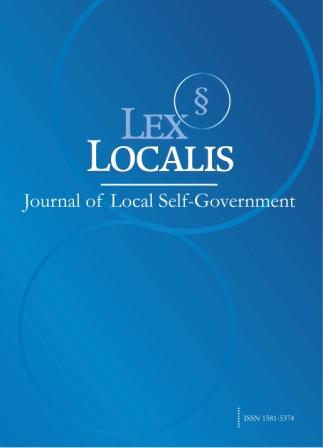THE POLITICAL AND ECONOMIC IMPACTS OF DEVOLUTION IN SUBNATIONAL GOVERNMENTS AND THE CHALLENGES OF IMPLEMENTATION
DOI:
https://doi.org/10.52152/Keywords:
De volution, Subnational Governments, Political Participation, Economic Growth, Fiscal Decentralization, Governance Capacity, Regional DevelopmentAbstract
This study examines the political and economic impacts of devolution in subnational governments, along with the
challenges faced in its implementation. Using a mixed methods approach that combines comparative case studies,
quantitative analysis of socio economic indicators, and qualitative insights from interviews and focus group
discussions, the research identifies both measurable outcomes and contextual dynamics. The results indicate that
devolution has contributed to increased economic growth, improved revenue generation, and enhanced political
participation in many regions. However, disparities persist, with less developed subnational units struggling due to
fiscal constrai nts, limited administrative capacity, and inconsistent policy implementation. Findings underscore the
importance of aligning fiscal decentralization with capacity building measures, fostering effective intergovernmental
coordination, and ensuring equitable resource allocation. The study concludes that while devolution holds significant
potential for advancing localized governance and development, its long term success depends on strategic
institutional reforms and sustained support mechanisms.
Downloads
Published
Issue
Section
License
Copyright (c) 2025 Lex localis - Journal of Local Self-Government

This work is licensed under a Creative Commons Attribution-NonCommercial-NoDerivatives 4.0 International License.








